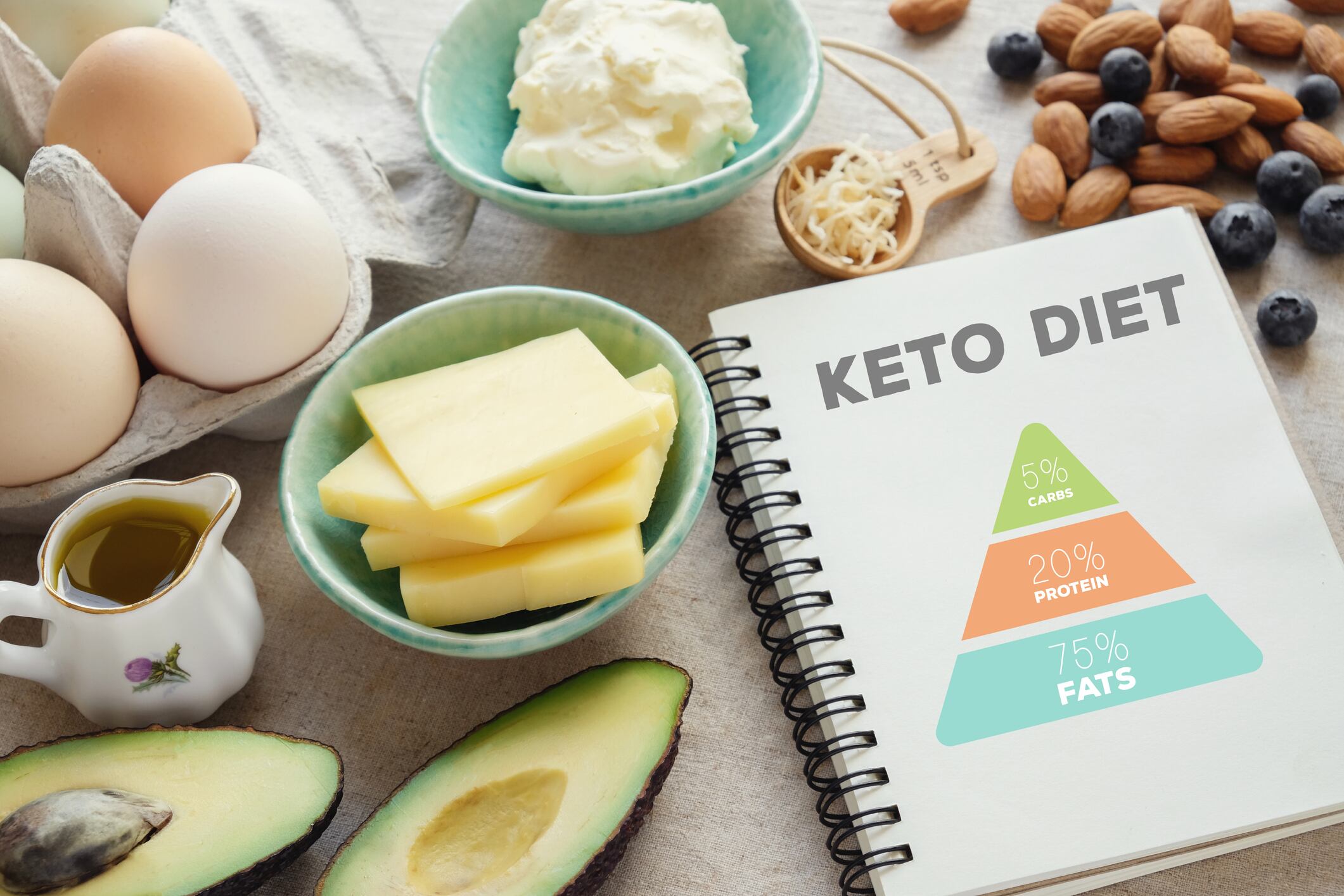Melanie Zanoza Bartelme, global food analyst at Mintel, says keto is 'continuing its moment in the spotlight' but she recommends brands remain wise to the pitfalls of basing innovation solely on a potential fad diet.
"While it feels like an opportunity to address the interest consumers have in the keto diet, it may not be so wise to build a brand solely around this – or any other – potentially fad diet.
"Keto is hot right now, but what will happen to these brands when the next on-trend diet surges into retail aisles?
"For instance, some food media outlets have pointed to the Mediterranean Diet, low-FODMAP, and even the Carnivore Diet as ones to watch."
Focus on function
Bartelme suggests food companies think about the reasons why the keto diet has been so popular and tap into those insights.
"Consumers are looking for more out of their foods and diets," says Bartelme. "Future diets need to go beyond just offering weight loss and also provide functional benefits. One of the reasons keto has enjoyed its success so far is due to the cognitive benefits it is said to provide.
"Call out the benefits present in a product and let consumers decide which products they think will best address their own specific needs."
Natural energy
One of the promised benefits of the keto diet is increased energy and Mintel data shows that boosting energy is a leading reason for consumers to choose to eat healthily.
Bartelme points out that the emerging concept of 'biohacking' is creating new opportunities for products to help consumers boost energy at a cellular level.
"There are different ways products can be used to support mitochondria - the energy-producing element in cells, including ingredients designed to either generate more mitochondria, improve mitochondria function, or antioxidants to protect mitochondrial DNA from damaging free radicals.
"An example is Fire Starter Organic Herbal Tea, which claims to increase mitochondria count."
The brain-gut connection
With consumers beginning to understand that the food has an impact on their physical and mental wellbeing, Bartelme believes these aspects of the keto diet are likely to outlast other aspects.
"Some versions of the keto diet, specifically 'clean' keto, suggest that the idea of supporting brain health with nutrition will develop from this diet.
"Emerging research on the gut-brain connection will change the way we think about brain health and increase awareness about the benefits of certain ingredients, such as fiber, omega-3s, and mesonutrients, the active compounds within superfoods."
Personalised diets
Recent popular diets, such as gluten-free and Whole 30, illustrate that people are becoming more comfortable asking what foods are right for them and are willing to experiment to find the best diet plan for their body.
Bartelme argues that, in the future, consumers will use technology and their growing nutritional knowledge to create diets that work for them.
"For example, Habit, a DNA-based diet company in the US, was recently acquired by Viome, a health startup that specializes in microbiome analysis.
"These technologies will put the power in consumers’ hands to create the diets – and choose the products – that will let them achieve their ideal version of health."

